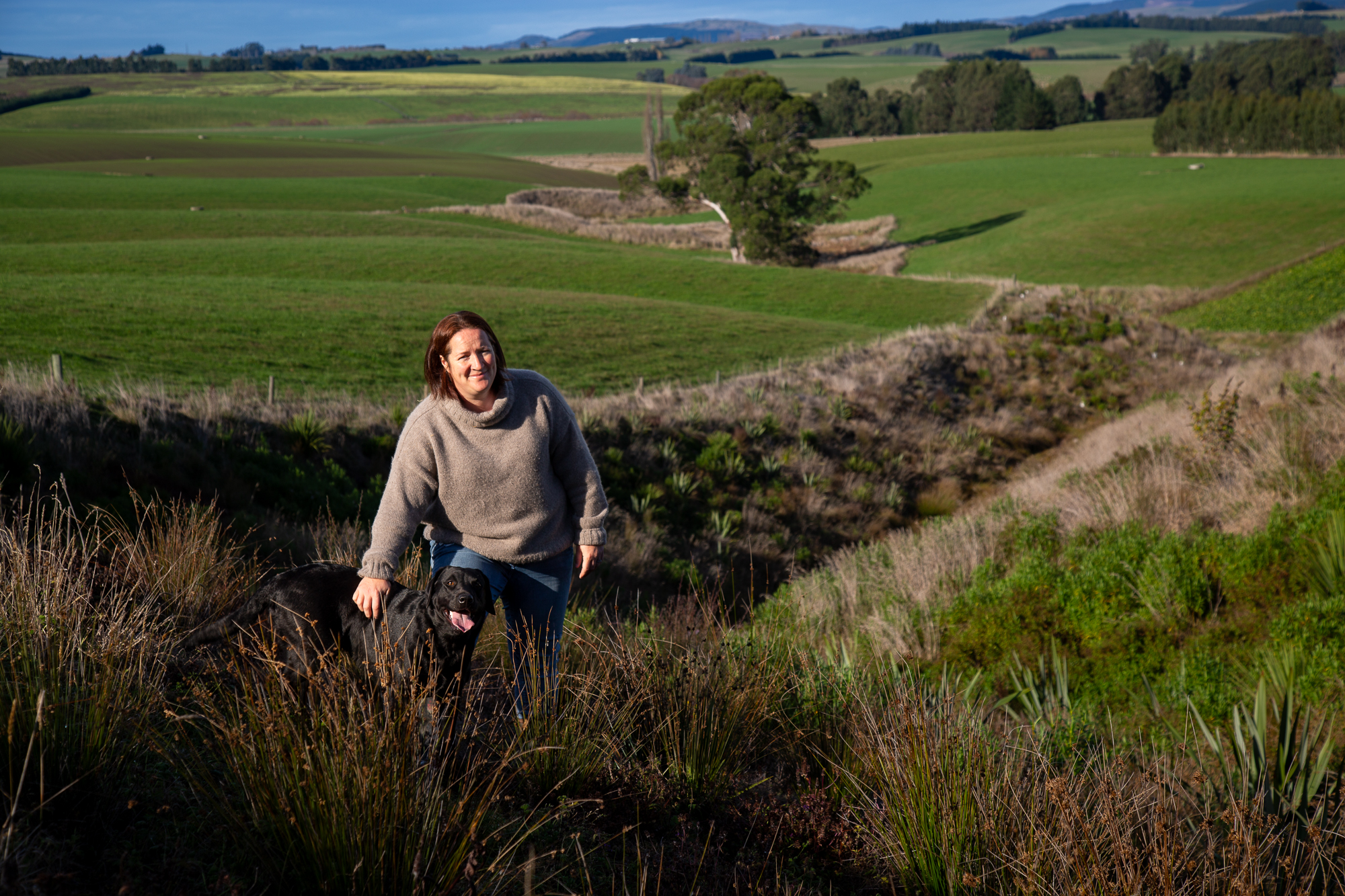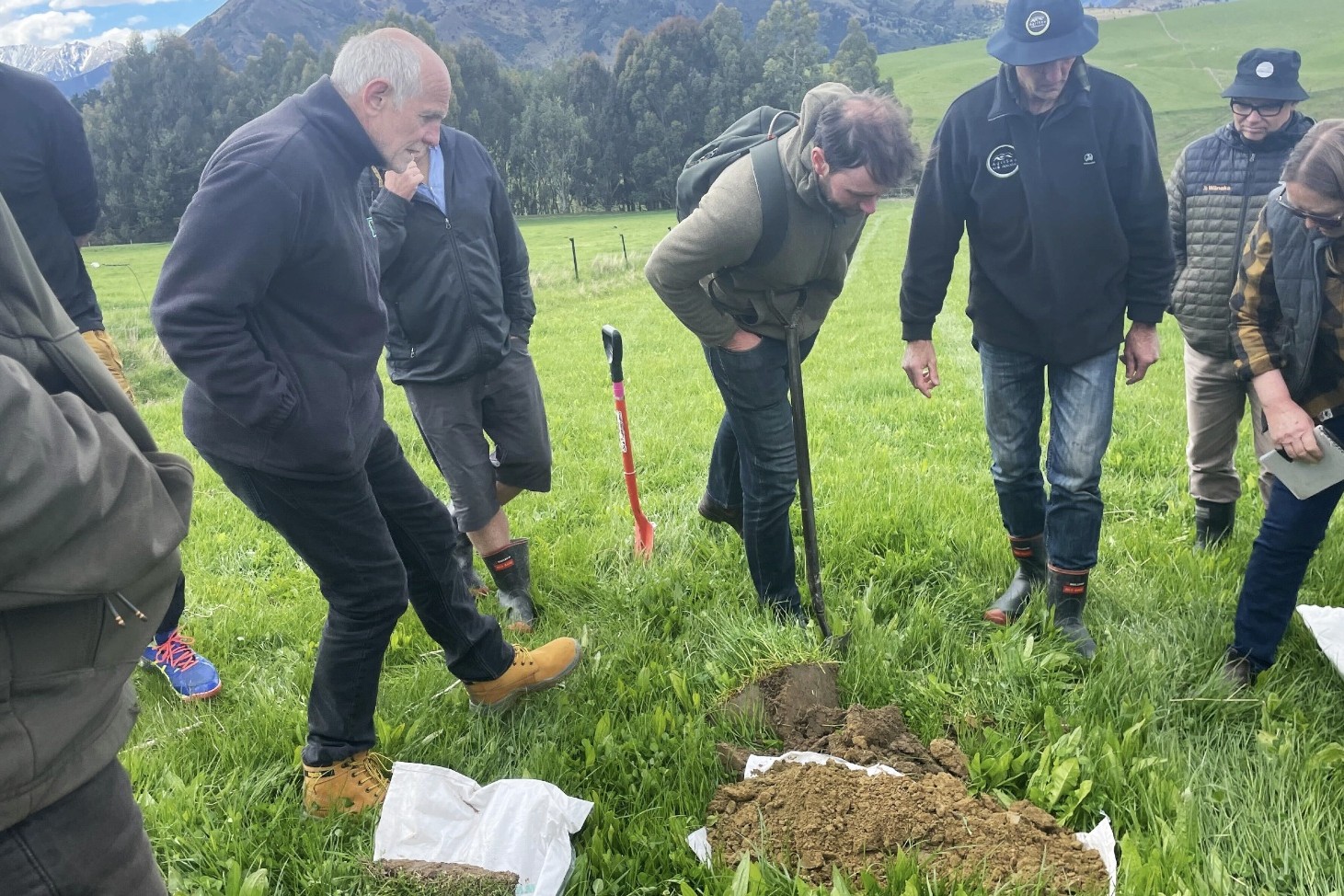Trevor Cook takes a look at some of the messages circulating about farming and food.
F arming is besieged by what seems like anti-farming rhetoric from several quarters. The sentiment varies from being driven by the love of animals on one extreme to just being stark statements about the state of the world on the other. Whichever it is, the validity of the message can be usually questioned, or at least modified, but that query is seldom aired.
The reality is that statements about the impact of farming on the health of the world make a generalised reflection based on world-wide farming. The latest IPCC statement clearly suggests that farming needs to be more efficient. New Zealand livestock farming is recognised as being one of the most efficient in the world.
That is not to say that we cannot do better, but we can be justified in taking that IPCC view with some grains of salt. We are not immune in NZ from such generalised messages, in our case ignoring that the fact that our farming systems are very diverse. The biggest diversity perhaps is that some farms milk dairy cows and lot of others farm sheep, cattle and deer. What is not acknowledged at all is that the total emissions production from the latter farming group is probably lower than it was in 1990 and probably not rising. The latest data is hard to find, but neither is racing out of hand. Yet farming as a whole is being labelled as the greenhouse gas factory that must be kerbed.
There are ways that individual farms can reduce their GHG emissions through such things as lifting per head performance rather than by stocking rate and growing young animals faster. Those higher performing triplet ewes are the sheep of the future, just as 100% hogget lambing is a target for a healthy environment.
The impact of such actions though, relative to their total emissions, is not great. But until the GHG status of each farm can be validly measured then being rewarded for taking any of these measures can’t happen. I was very disappointed to hear from at least two agricultural boffins recently their surprise that only a tiny percentage of farmers knew their emissions levels. In the absence of monitoring tools that can readily be applied and have some modicum of accuracy, such measuring can’t be a standard component of farm data collection. That’s not to say that in the future it won’t be a valuable and necessary KPI.
The irony is that the current systems analysis of what will change the emissions level of sheep and beef farms shows breeding stock are bad news. We can produce some extra from higher lambing percentages but most production comes from the number of mature breeding sheep. These are costly to run.
The other hard to take news is how bad red meat is for our health. Nutritional studies are notorious for being misleading. There are a massive multitude of factors that impact on the health status of each individual person. Separating the impact of a food type from all those other factors is almost impossible.
Remember that such studies are in fact surveys, not controlled studies. Within populations that eat lots of processed meat, for example, there are some with impressive longevity. I am firmly in the camp of processed meat intake in conjunction with red wine being the foundation of longevity! Eggs have moved from being a very healthy food option to not being then back to being so. Currently I think that they might be in the healthy phase.
An old adage of eating a variety of food types and in moderation is probably the soundest diet advice there is. The science that shows eating red meat is in any way not good for your health is far from convincing and is not a universally held view. If anything, it just supports the adage that anything in excess is likely to be harmful, from alcohol to water.
I cannot believe that my sheep, beef and deer clients are in any way putting the world at an increasing risk or producing a product that puts my health at risk. The proviso is that those farmers continue to improve their efficiency, which they are already doing, and that I do not eat red meat at each meal and on every day. Or perhaps, more importantly that red meat, is not the only food on the plate.
Quite apart from the obsession with lowering livestock numbers for the greater cause, the social consequences of trees replacing livestock farming is being ignored, just as the cashflow of the country consequences are being ignored. Ideology historically drives blindness and history is being repeated.




